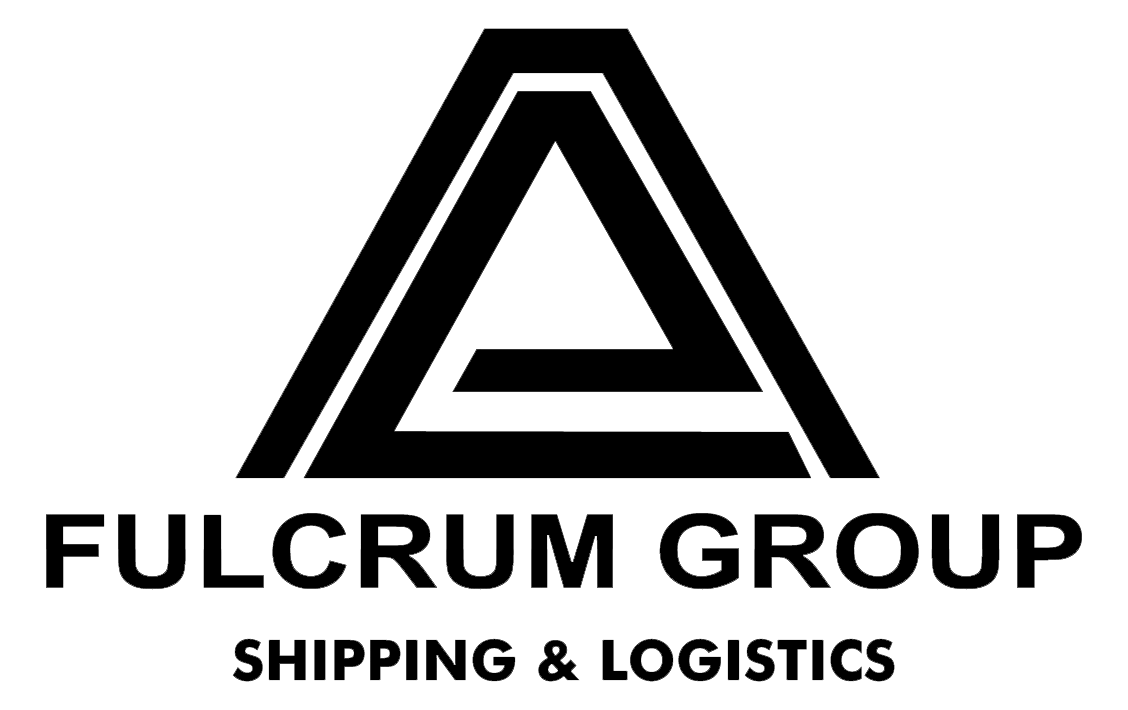
Container Freight Station & CFS Operators Services
A Container freight station (CFS) is a distribution facility where import and export shipments are consolidated and de-consolidated. Consolidation includes bringing together multiple less-than-container load (LCL)to form a full-container load (FCL) whereas de-consolidation is its reverse. CFS’ are a key component in any supply chain moving Interior Point Intermodal (IPI) Freight.
Freight forwarders are typically the largest users of CFS Companies, but shippers and other third-party logistics service providers also hire them for their customers’ freight. Container freight stations are located near ports and major inland distribution cities.
Container freight stations have the 4 following advantages:
🔸Maintains records of shipments including names of exporter, importer and customs agent and cargo details, origin and destination ports, carrier name, truck number and so on.
🔸Assigns unique identification number to vessels, facilitating easy tracking of cargo and containers.
🔸Decongests ports and terminals.
🔸Provides all the benefits of containerized shipping such as greater cargo security, timely and efficient loading, unloading, stuffing and de-stuffing.
Categories
Recent Post
-
Navigating Global Trade with Confidence: Why International Sea Freight Services Matter
-
Reliable and Scalable Transport Services in India
-
Streamline Your Global Shipping with Expert Sea Freight Forwarding Services!
-
Experience the Advantage of Comprehensive Global Air Freight Services.
-
Seamless Warehousing & Logistics Services That Power Your Supply Chain

